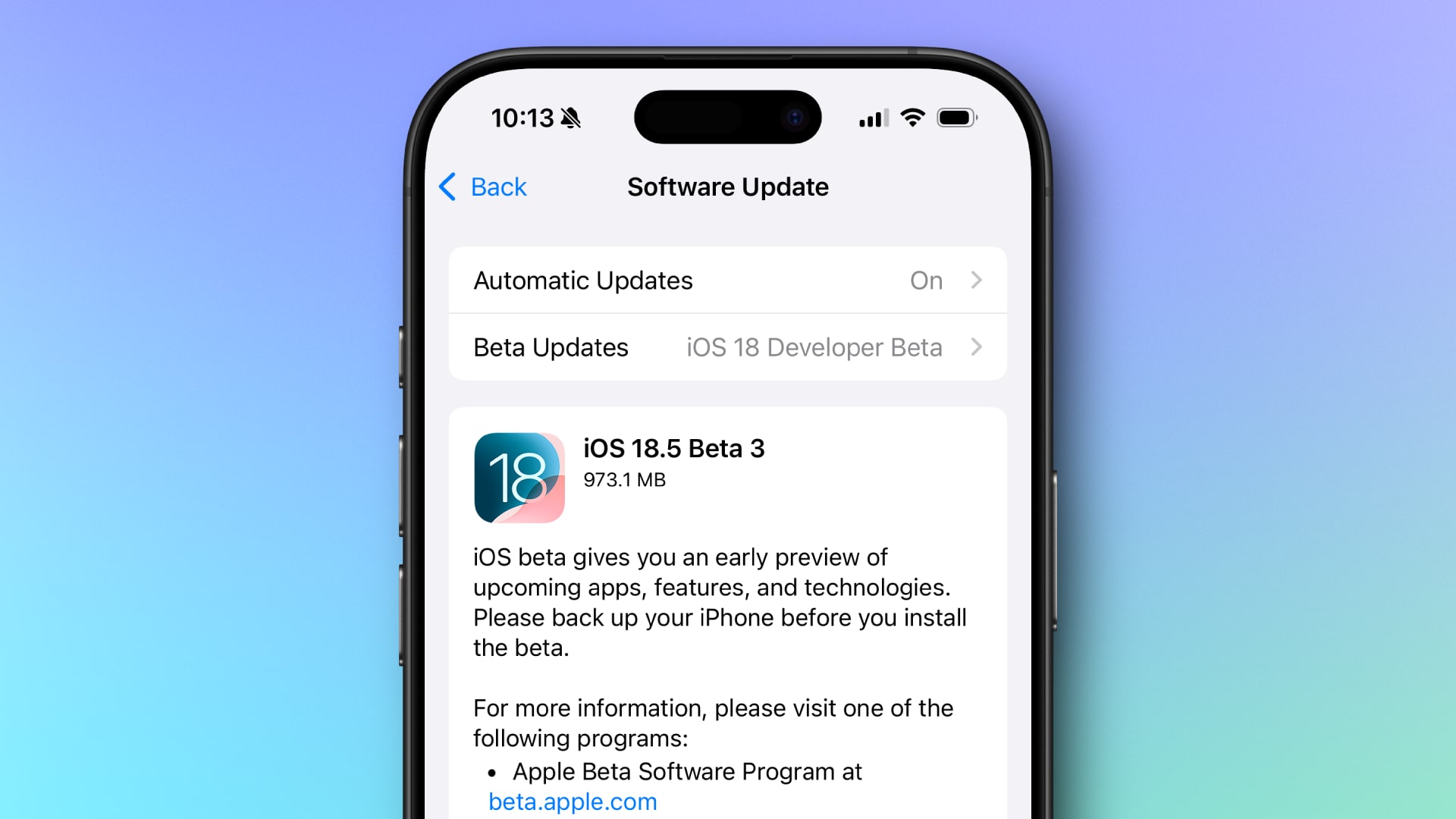7 rules to turn endings into new beginnings in life
Discover 7 powerful rules to help you transform life's endings—whether in love, work, or identity—into empowering new beginnings with clarity.


We often think of endings as losses—painful full stops in the stories of our lives. A job lost. A friendship faded. A relationship that couldn’t last. A dream that didn’t work out. Whether expected or sudden, endings shake us. They leave us questioning who we are without what has just ended.
But what if endings weren’t dead ends, but detours? What if they were nature’s way of clearing space for something better—something truer to who we’re becoming?
This article explores seven powerful rules that can help you navigate the transition from loss to renewal. These aren’t just motivational lines—they're grounded in psychology, personal growth, and hard-won wisdom from people who’ve rebuilt their lives after heartbreak, failure, or profound change.
If you’re standing at the edge of an ending—wondering if this is it—this article is for you.
From endings to evolution: 7 life rules
1. Accept the ending without resistance
What we resist, persists. The more we fight against an ending, the more we stay stuck in the pain. Accepting an ending doesn’t mean you’re happy about it—it means you acknowledge it’s real. This mental shift is the first step toward healing.
Ask yourself: What truth am I avoiding because I’m afraid of what it means?
2. Allow yourself to grieve
Too many people try to rush past the grief stage. But endings—especially major ones—deserve mourning. Whether it's the death of a loved one or the loss of a long-held identity, grief is how we honour what mattered.
Let yourself feel. Cry. Journal. Talk to someone. Give space to the emotion, and it will begin to release you.
3. Reflect, but don’t ruminate
There’s value in looking back briefly. Ask yourself: What did I learn from this chapter? What patterns am I repeating? What red flags did I ignore?
But don’t let reflection turn into rumination. The goal isn’t to relive the past. The goal is to understand it so you don’t carry it into your future.
4. Detach your identity from what ended
One of the hardest parts of an ending is feeling like we’ve lost a part of ourselves. You may have been someone’s partner, an executive at a company, or a reliable friend. But you are not just those roles.
Your identity is much more expansive. You are allowed to grow, shift, and reinvent. Let go of the labels. Let yourself evolve.
5. Focus on small beginnings
New beginnings don’t have to be grand gestures. They can be as small as starting a journal, taking a new route home, or signing up for a class. These tiny actions signal to your mind: We’re moving forward now.
Momentum is built through consistency, not intensity. Start small, but start.
6. Reconnect with your inner compass
Endings are often invitations to ask: What do I really want? Use this time to reconnect with your values, your desires, and your intuition. Meditation, prayer, nature walks, and silence can help bring clarity.
This is your chance to build a life that aligns with you, not just the one others expect from you.
7. Choose growth over bitterness
You always have a choice—stay stuck in the pain or rise with the lesson. Growth doesn’t mean forgetting what happened. It means refusing to let it define your future.
Bitterness keeps you tethered to what ended. Growth sets you free.
Final reflection
Life is a series of seasons—some filled with bloom, others with letting go. If you’re in a season of loss, know that this isn’t the end of your story. It’s a plot twist. A turning point.
You’re not starting from scratch. You’re starting from experience, strength, and a deeper knowing of what matters.
So take a breath. Turn the page. Your next chapter is waiting.





![Which Countries Have Invested the Most into AI Development [Infographic]](https://imgproxy.divecdn.com/qnTgGmUnhhtyx1NChJZ7bBc4fHuHc9BC8NoXo_nBWUE/g:ce/rs:fit:770:435/Z3M6Ly9kaXZlc2l0ZS1zdG9yYWdlL2RpdmVpbWFnZS9haV9pbnZlc3RtZW50X2luZm8yLnBuZw==.webp)
![A Guide to Reels Ads [Infographic]](https://imgproxy.divecdn.com/wCamrSuvp9Nam-KS-7Pv-nJcB4YAXduCWWHpdZBsVpY/g:ce/rs:fit:770:435/Z3M6Ly9kaXZlc2l0ZS1zdG9yYWdlL2RpdmVpbWFnZS9yZWVsc19hZHNfaW5mbzIucG5n.webp)






![31 Top Social Media Platforms in 2025 [+ Marketing Tips]](https://static.semrush.com/blog/uploads/media/0b/40/0b40fe7015c46ea017490203e239364a/most-popular-social-media-platforms.svg)



















































































































































































![How to Find Low-Competition Keywords with Semrush [Super Easy]](https://static.semrush.com/blog/uploads/media/73/62/7362f16fb9e460b6d58ccc09b4a048b6/how-to-find-low-competition-keywords-sm.png)
